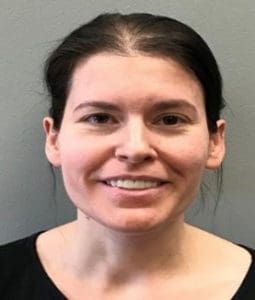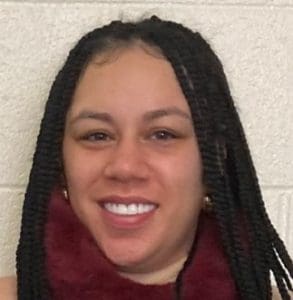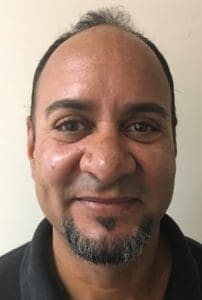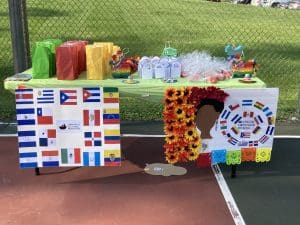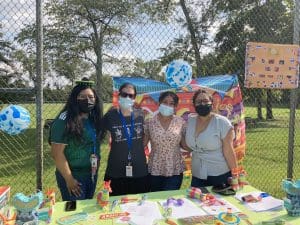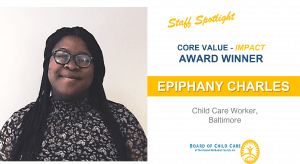For Immediate Release: September 1, 2021
Contact: Kristian Sekse
(443) 845-4395 (cell)
KSekse@everstand.org
New Hope for Sex Trafficking Survivors in Anne Arundel County
(Baltimore, MD)—Survivors of Sex Trafficking in Anne Arundel County have a new support system, the Regional Navigator program. Provided by the Board of Child Care, this program officially opened its doors in May of 2021. This single point of contact for trafficking survivors has recently become apparent to service providers on a national scale. The concept of this innovative approach came to life during the extensive media coverage of the Brittiany Spears legal case. Social media sites were overwhelmed with hashtags like #FreeBrittany as survivor voices, like that of Cyntoia Brown Long drew massive attention. Cyntoia Brown Long was a child sex trafficking victim convicted of killing her buyer at age 16 and was sentenced to life in prison as a result. Her journey to regain freedom was closely followed internationally.
The Regional Navigator Program is a response to national outcry, that children who are victims of sex trafficking should be rescued and not criminalized.
The Regional Navigator program is largely based on the BCC’s theory of change, which is trauma-informed, and relationship-based. The Board of Child Care was appointed by Governor Hogan to act as a single point of contact for survivors aged 24 and under. BCC’s Regional Navigator program is one of a few statewide pilot sites and serves individuals in Anne Arundel County.
The goals of the Regional Navigator program include creating safety plans for survivors, as well as survivor empowerment. The program offers a variety of basic needs to survivors such as provide clothing, toiletries, connecting them with legal advocacy groups, and informing survivors about victim compensation. There are many dimensions of the program that support victim empowerment. Additionally, the program provides education for community members on how to identify, report, and avoid situations that might lead to sex trafficking.
For more information, community members and survivors should call our hotline number at: 833-888-0535 or visit our website at boardofchildcare.org.
About the Board of Child Care
The Board of Child Care has a long history of serving children and families in the community. The organization began as three United Methodist orphanages that opened in the late 19th and early 20th centuries, which later merged in 1960 to become the Board of Child Care.
Today, the Board of Child Care’s $44 million annual budget provides programs that enrich communities, one family at a time. Serving over 1,000 unique clients and their families each year BCC offers residential treatment, mental health, special and early learning educational programs, and community-based services throughout the Mid-Atlantic. To see a map of all program locations and descriptions of each BCC program, visit boardofchildcare.org.
For more information, please email ksekse@everstand.org.
###
Read more from BCC launches the Regional Navigator program in Anne Arundel County
 The Board of Child Care would like to recognize Tina Champagne-George as the October 2021 Core Value Award winner for Impact!
The Board of Child Care would like to recognize Tina Champagne-George as the October 2021 Core Value Award winner for Impact!